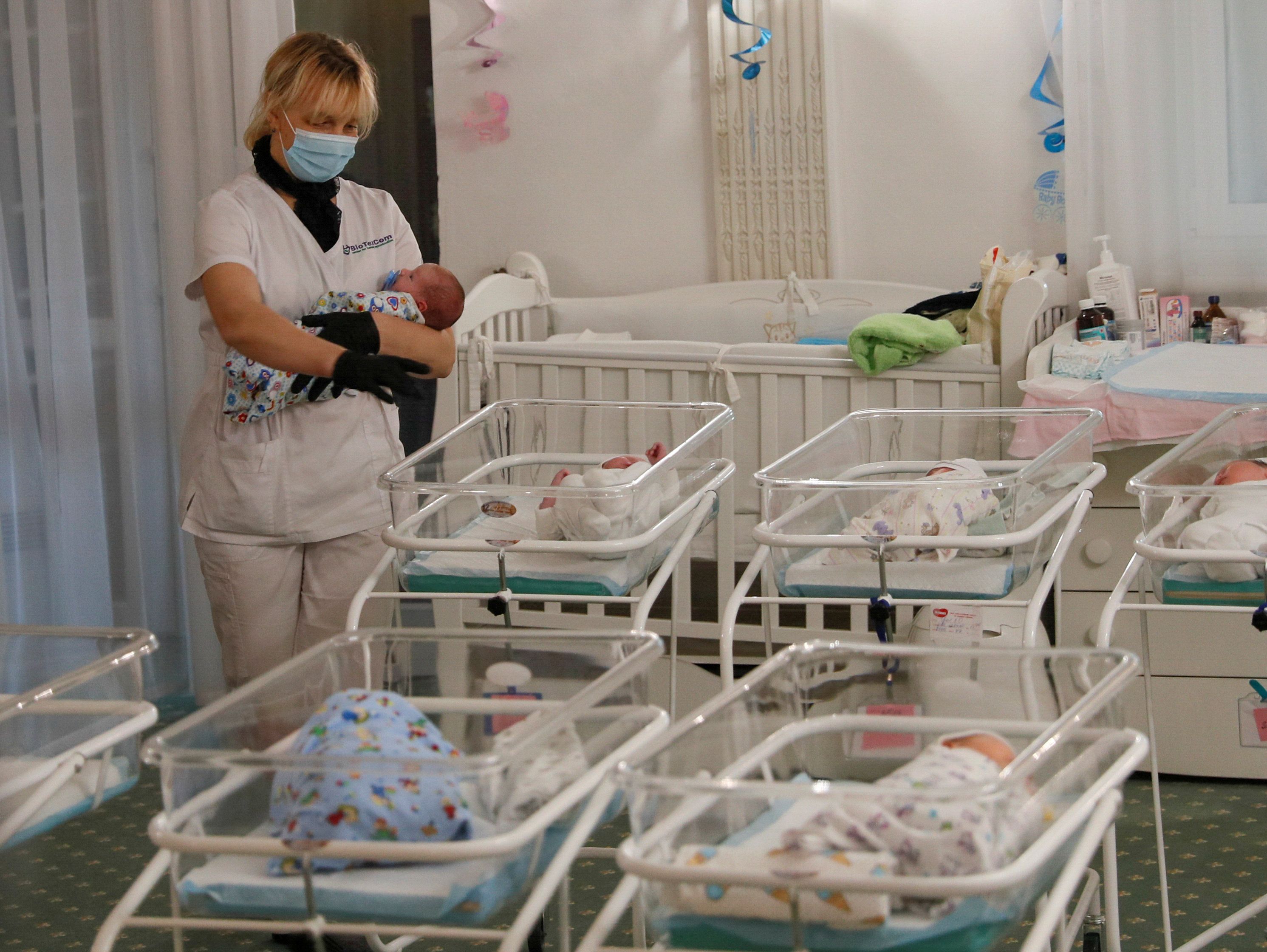May 18, 2020
100:At least 100 babies in Ukraine born to surrogate mothers are now stranded there as coronavirus-related restrictions prevent their parents from coming to pick them up. Ukraine is thought to have the largest surrogate birth industry in the world, and more than 1,000 more babies could be born there before travel rules ease.
26: After 26 years on the run, Rwandan tycoon Felicien Kabuga, who funded the massacre of as many as 800,000 people during his country's 1994 genocide, was arrested in Paris, where he had been living under a false name. The 84-year old Kabuga will now face justice for his crimes before an international tribunal at the Hague.
45.5: A US-Iran naval confrontation looms as a flotilla of Iranian tankers carrying at least $45.5 million worth of gasoline to Venezuela is currently steaming across the Atlantic, in violation of Washington's sanctions. US warships have been deployed to the Caribbean, potentially to stop the delivery.
70: At least 70 refugees living at one of Germany's designated homes for asylum-seekers have tested positive for coronavirus. The outbreak underscores advocacy groups' concerns about weak precautions against the disease at the country's many "reception-centers," which house migrants while their asylum applications are processed.
More For You
Most Popular
- YouTube
Will AI change the balance of power in the world? At the 2026 World Economic Forum in Davos, Ian Bremmer addresses how artificial intelligence could redefine global politics, human behavior, and societal stability.
Ian Bremmer sits down with Finland’s President Alexander Stubb and the IMF’s Kristalina Georgieva on the sidelines of the World Economic Forum to discuss President Trump’s Greenland threats, the state of the global economy, and the future of the transatlantic relationship.
- YouTube
GZERO World heads to the World Economic Forum in Davos, where Ian Bremmer lookst at how President Trump’s second term is rattling Europe, reshaping both transatlantic relations and the global economy, with Finland’s President Alexander Stubb and the IMF’s Kristalina Georgieva.
© 2025 GZERO Media. All Rights Reserved | A Eurasia Group media company.
